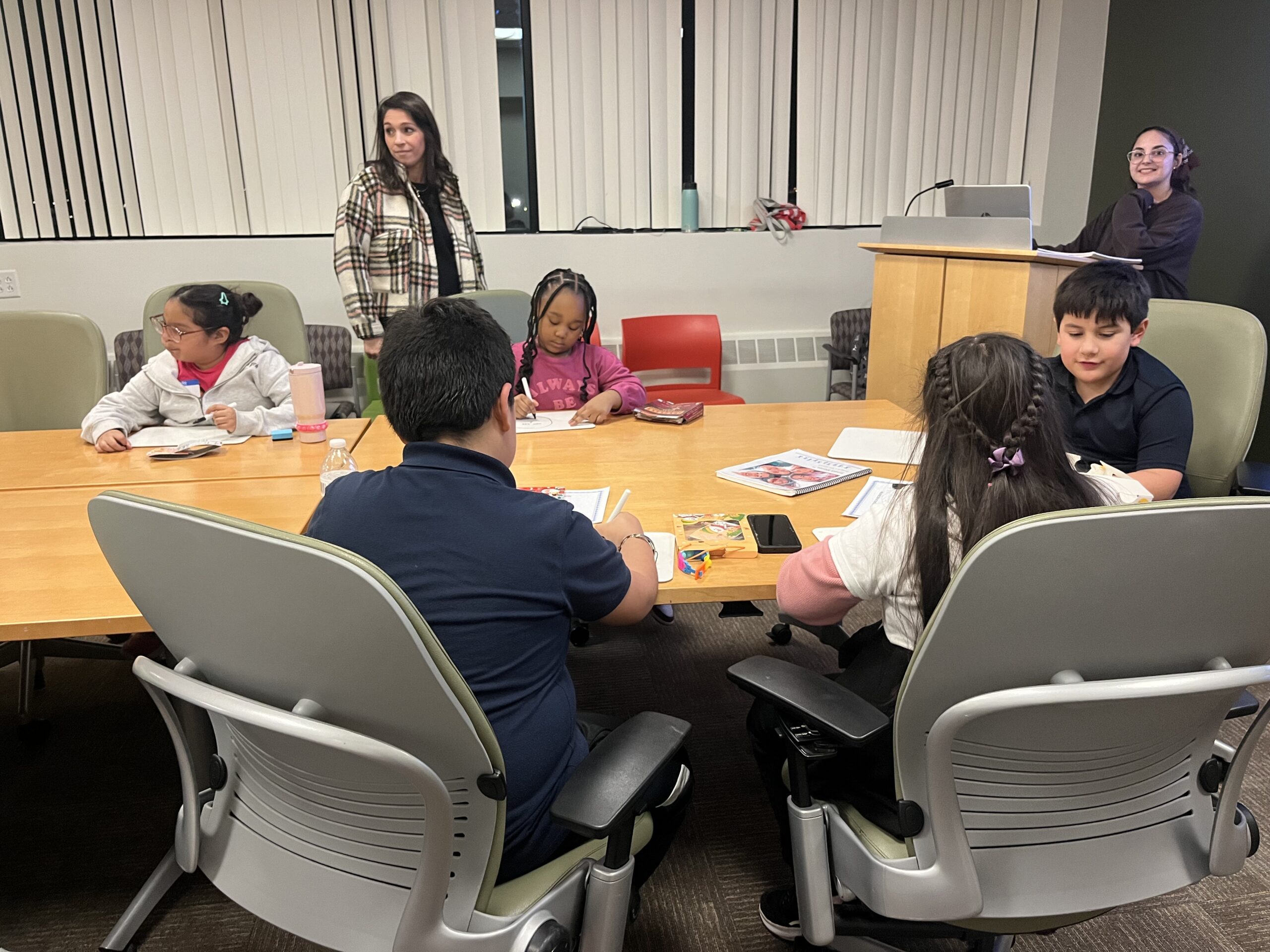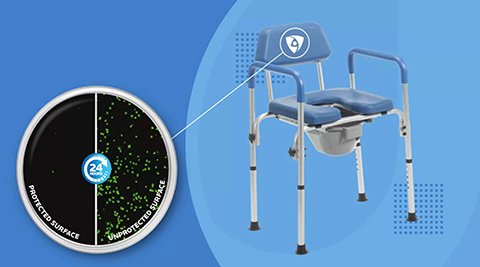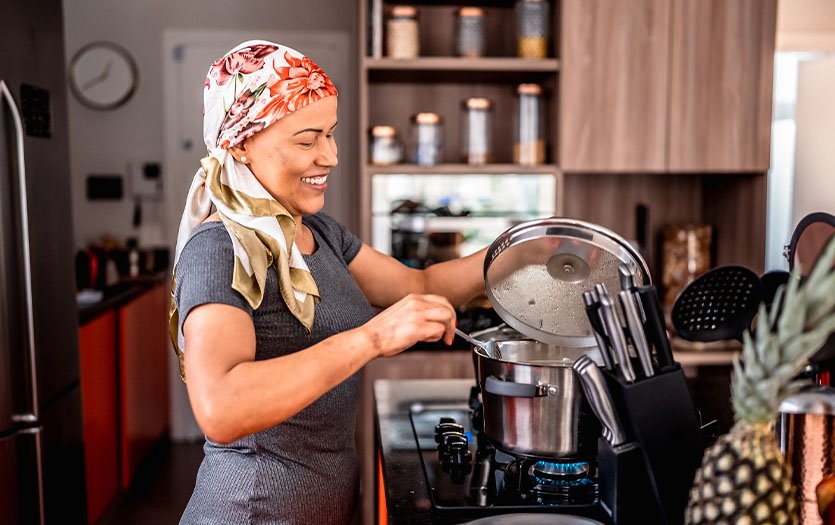Using a non-diet curriculum, kids learn skills and behaviors for weight management.
Kalina Brookfield
Contributing Reporter

Kalina Brookfield, Contributing Photographer
For the past 27 years, Bright Bodies at Yale has been fighting childhood obesity within the New Haven community through a comprehensive healthy lifestyle program.
The Bright Bodies Program, which runs multiple 10 to 12-week sessions annually, engages both children and their families. The program utilizes the Smart Moves Weight Management Curriculum, an approach to weight loss prioritizing knowledge-based behavioral change rather than dieting.
“We want to teach kids how to make permanent, healthy lifestyle changes,” said Mary Savoye-DeSanti, founder of the Bright Bodies Program and author of the Smart Moves curriculum. “We really respect where each family’s coming from, and work with the resources they have.”
The Smart Moves curriculum consists of four components: nutrition education, behavioral modification, physical activity and parental support. Children enrolled in the program meet twice per week to exercise and attend classes. When suitable, caregivers are encouraged to attend classes with their children and parental support groups.
The program’s non-diet approach to weight management focuses on teaching skills and behaviors that allow kids to develop healthy habits and make better food choices in any situation. Nutrition lessons are taught with the understanding that different families have different resources and foods available — the priority is placed on flexibility and improvement over perfection.
“There’s lots of parent support which is excellent,” Mark Ceneri, whose son is enrolled in the program, said. “It’s hard enough raising kids anyways, and this is one more layer that’s woven into that complexity. It’s nice to be sharing that with other parents and to bounce ideas and strategies off other individuals.”
The last meeting of the past year was divided into two parts — for the physical activity portion, kids played classic physical education games, like tag or sharks and minnows. In the nutrition education portion, kids and caregivers learned how to read and interpret nutrition labels.
Kids were excited to be running around with their peers and equally enthusiastic about answering questions during the class section, with no shortage of hands raised in response to every question.
Caregivers said that the program had positively impacted their own parenting styles and their children’s approaches to food and healthy eating.
“He’s a lot more conscious about what he eats and the content of what he’s eating,” Willian Whitehead, describing his 11-year-old grandchild enrolled in the program, said. “He loves this. He’s the one that gets on me about being on time getting here. He enjoys it immensely.”
The meetings take place at the medical center on 1 Long Wharf Drive.









